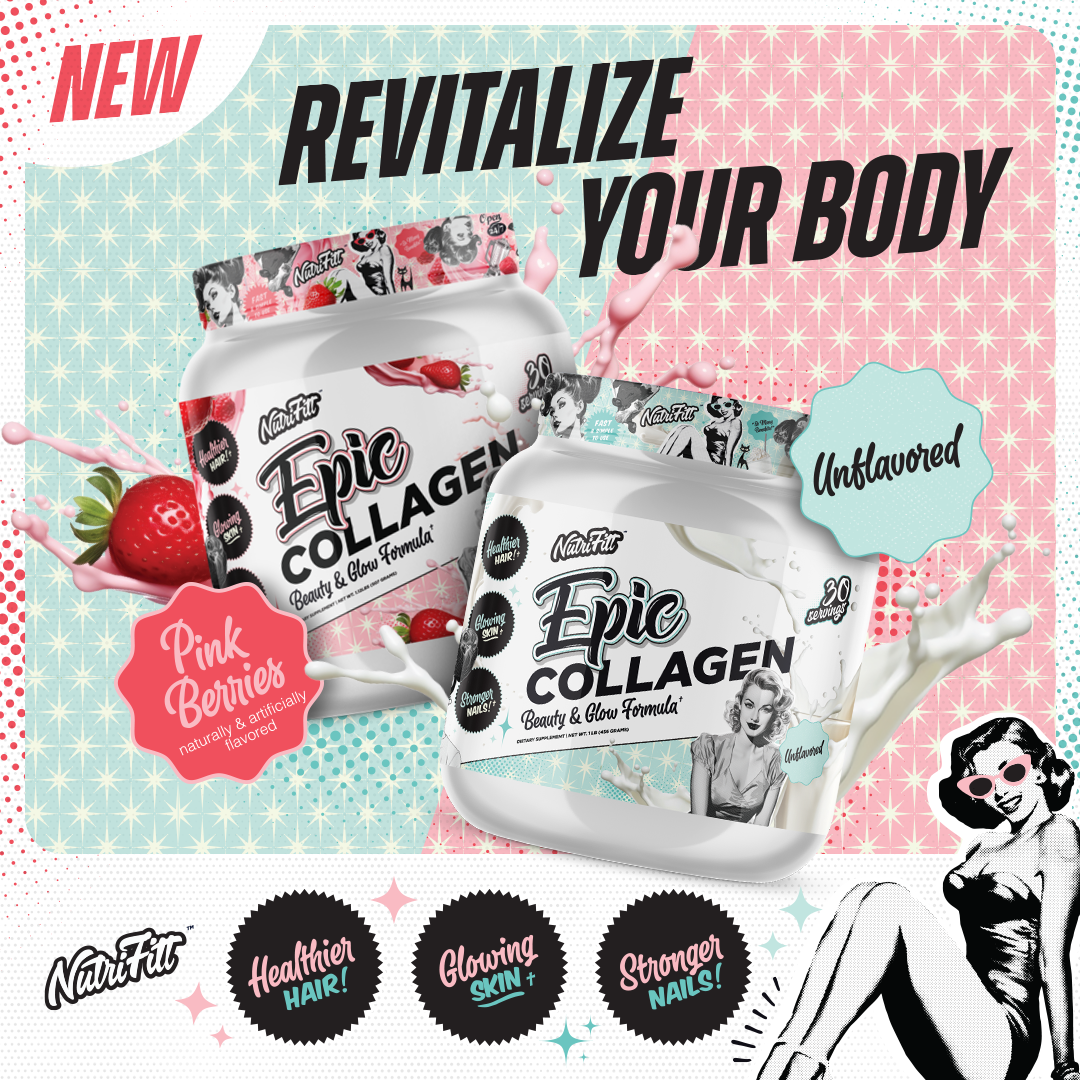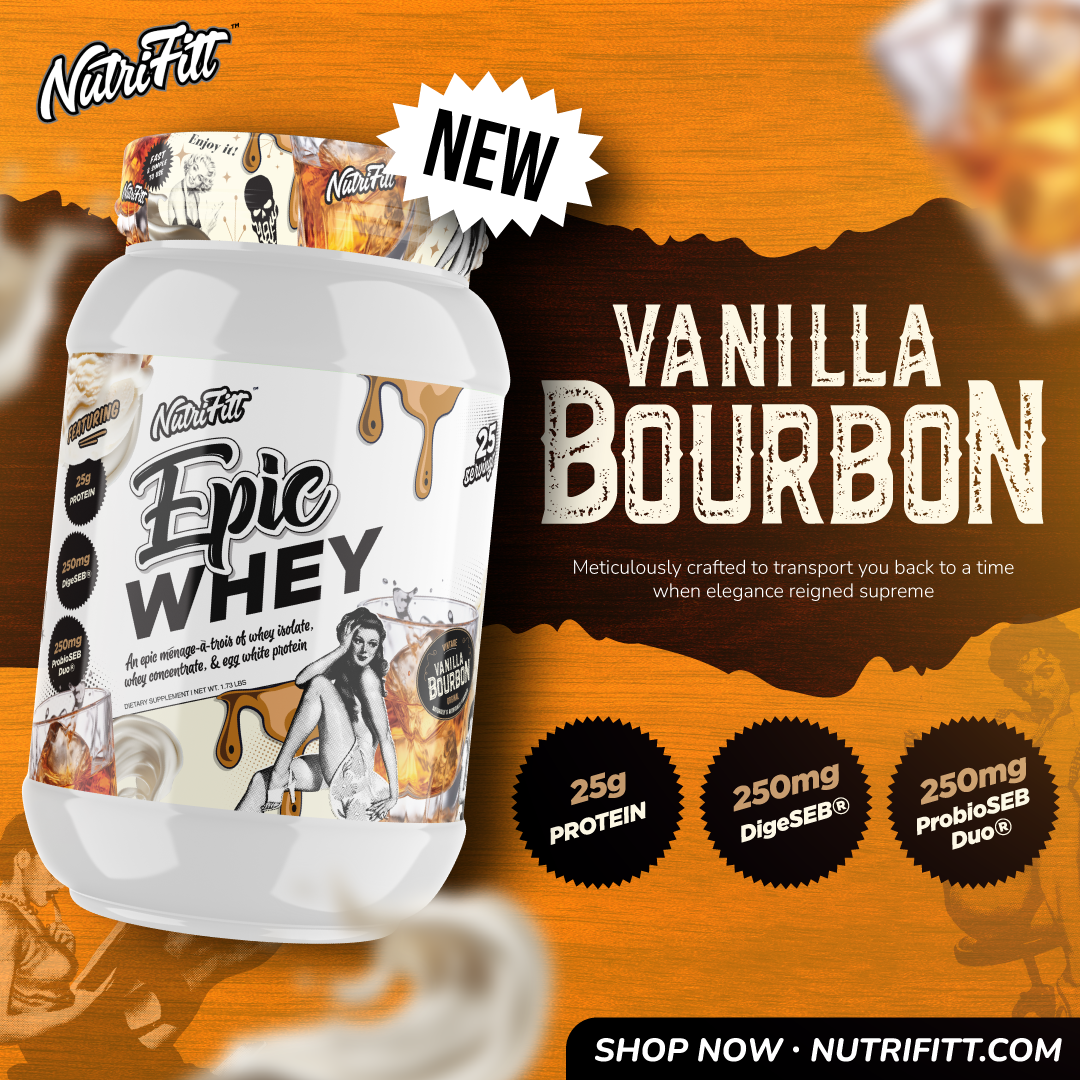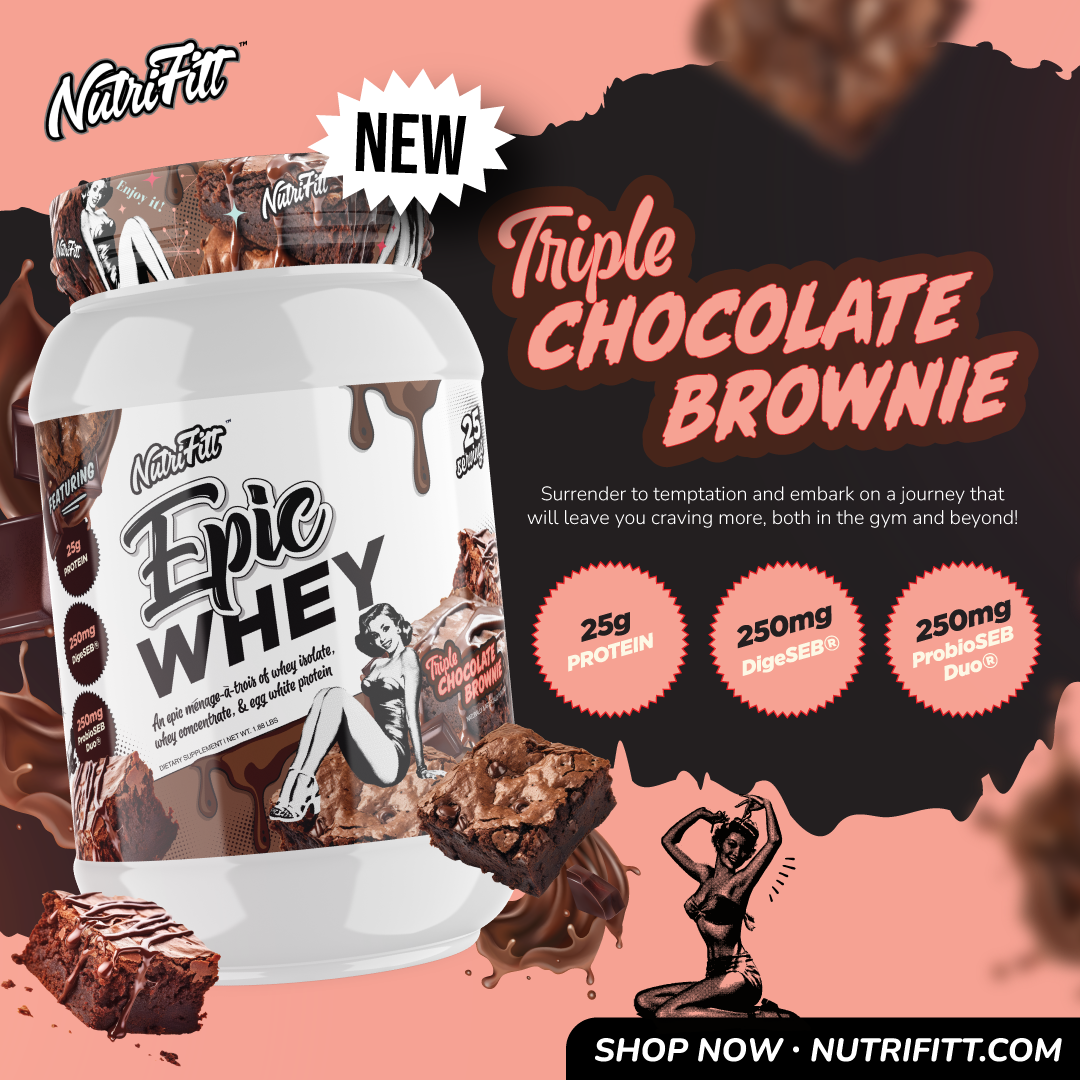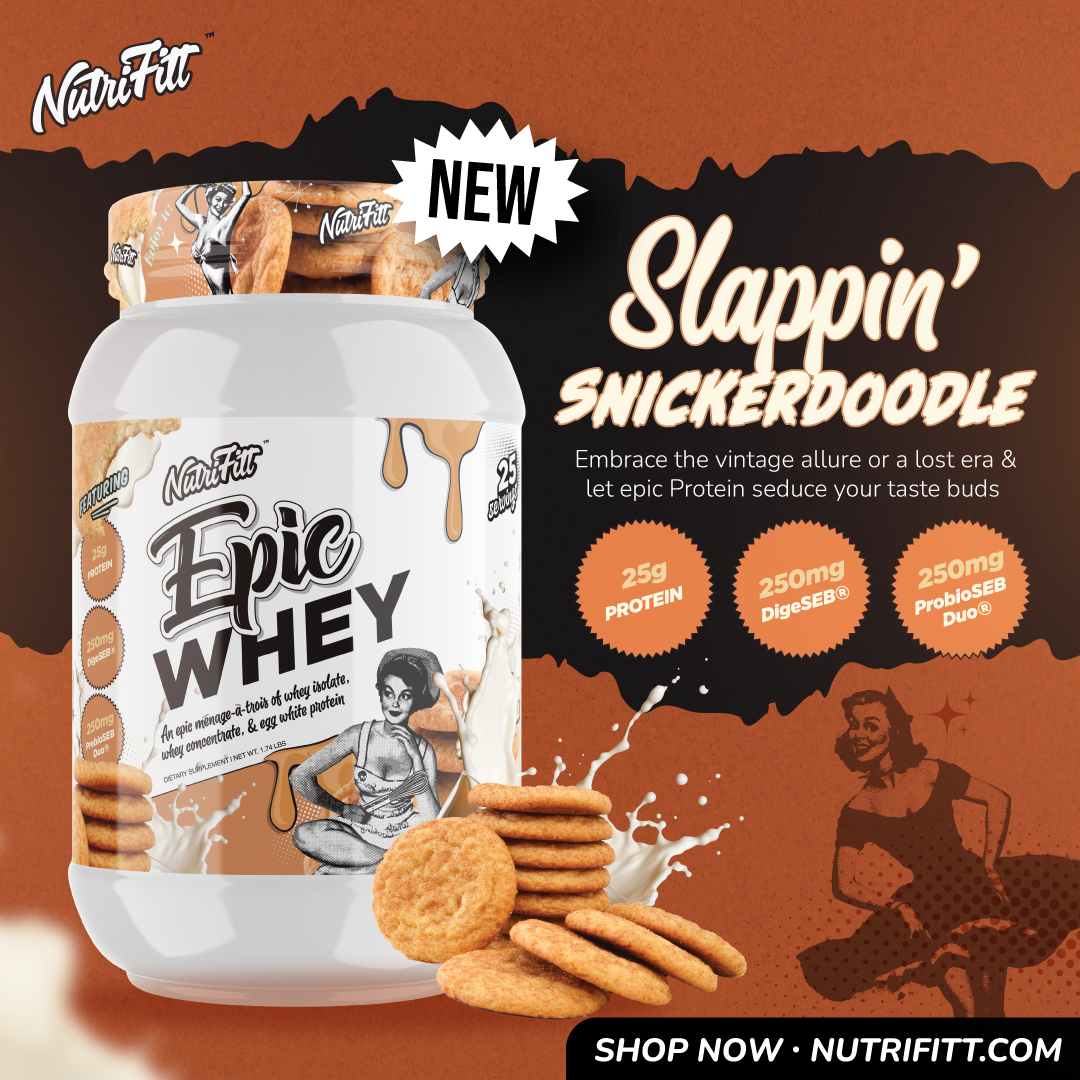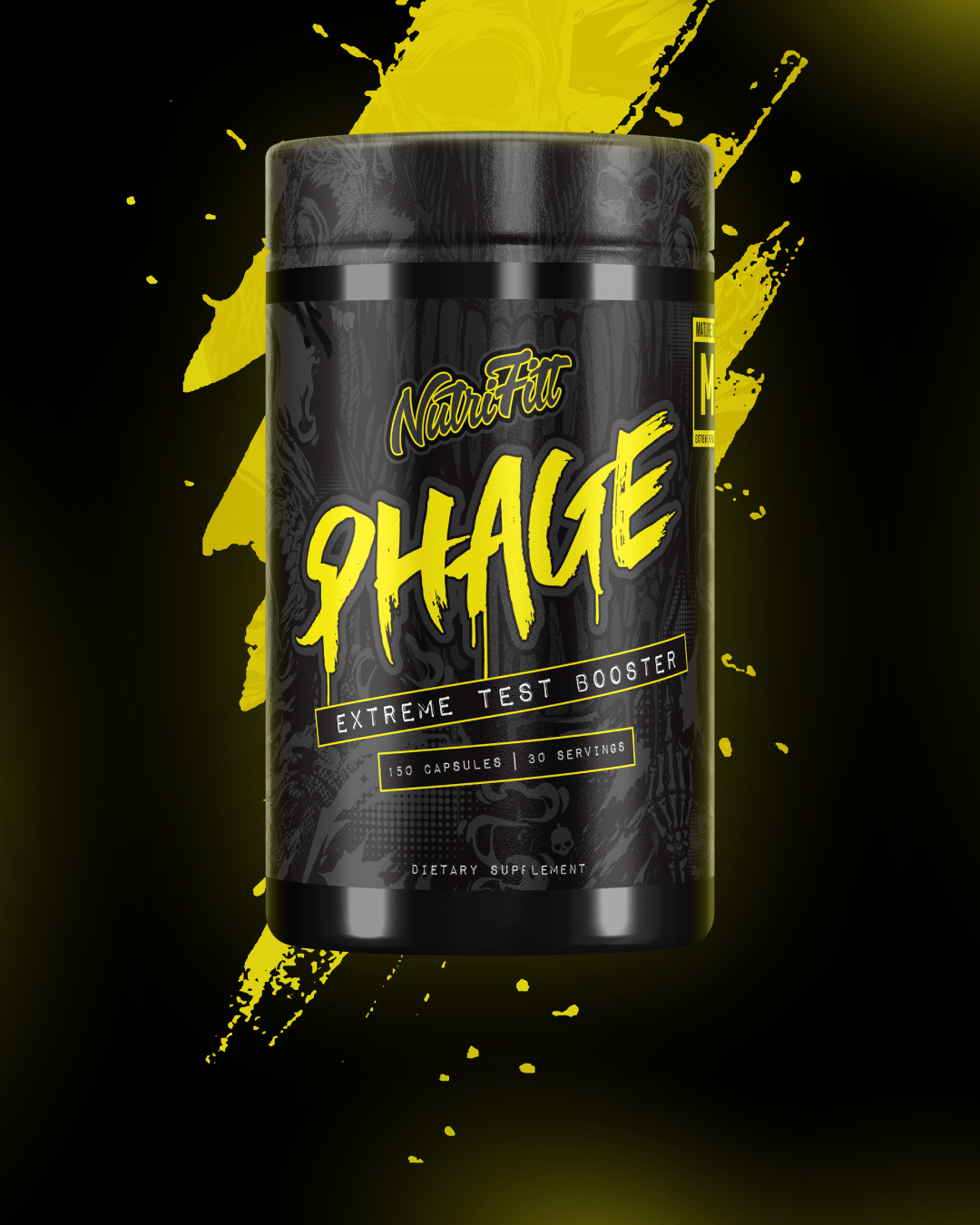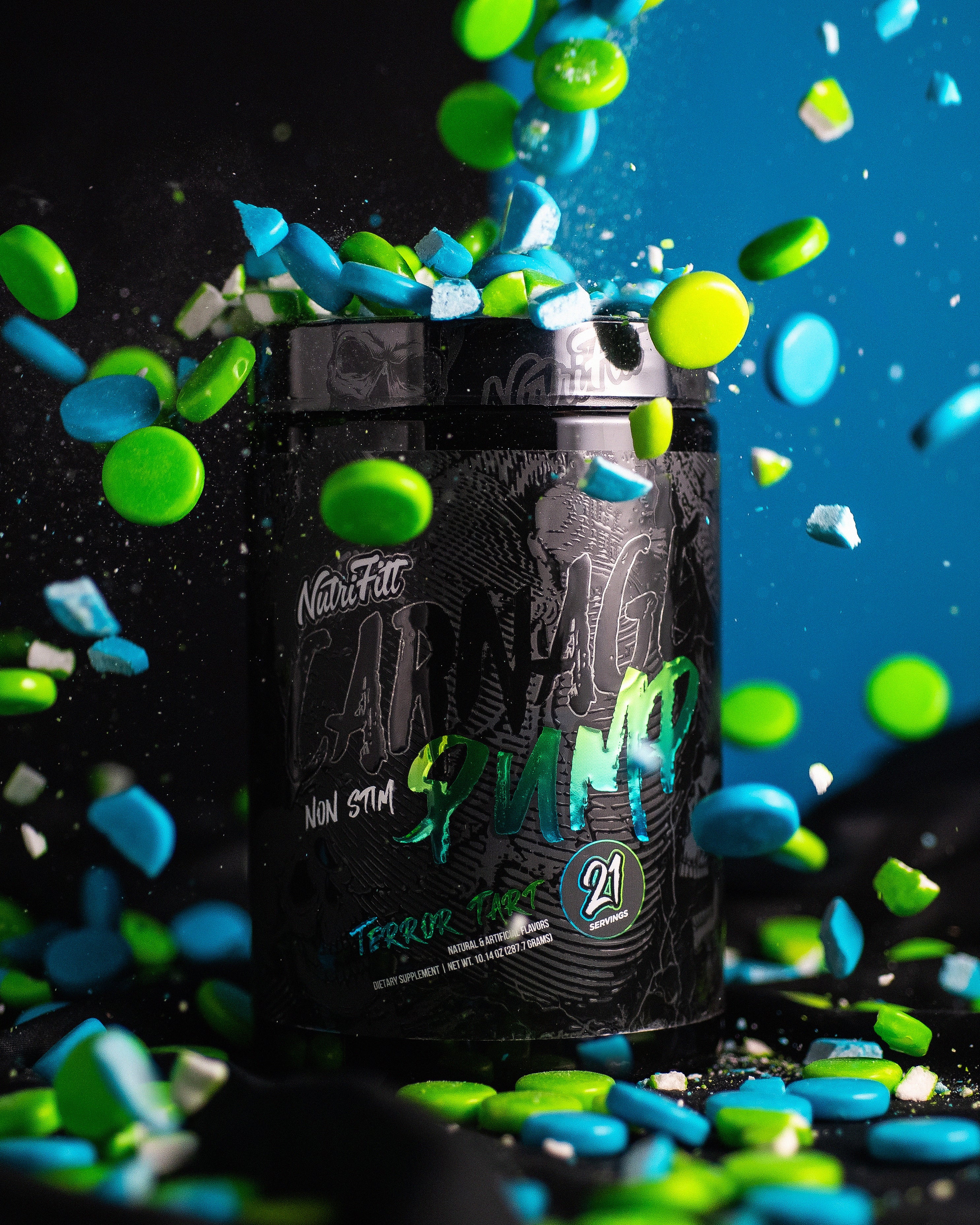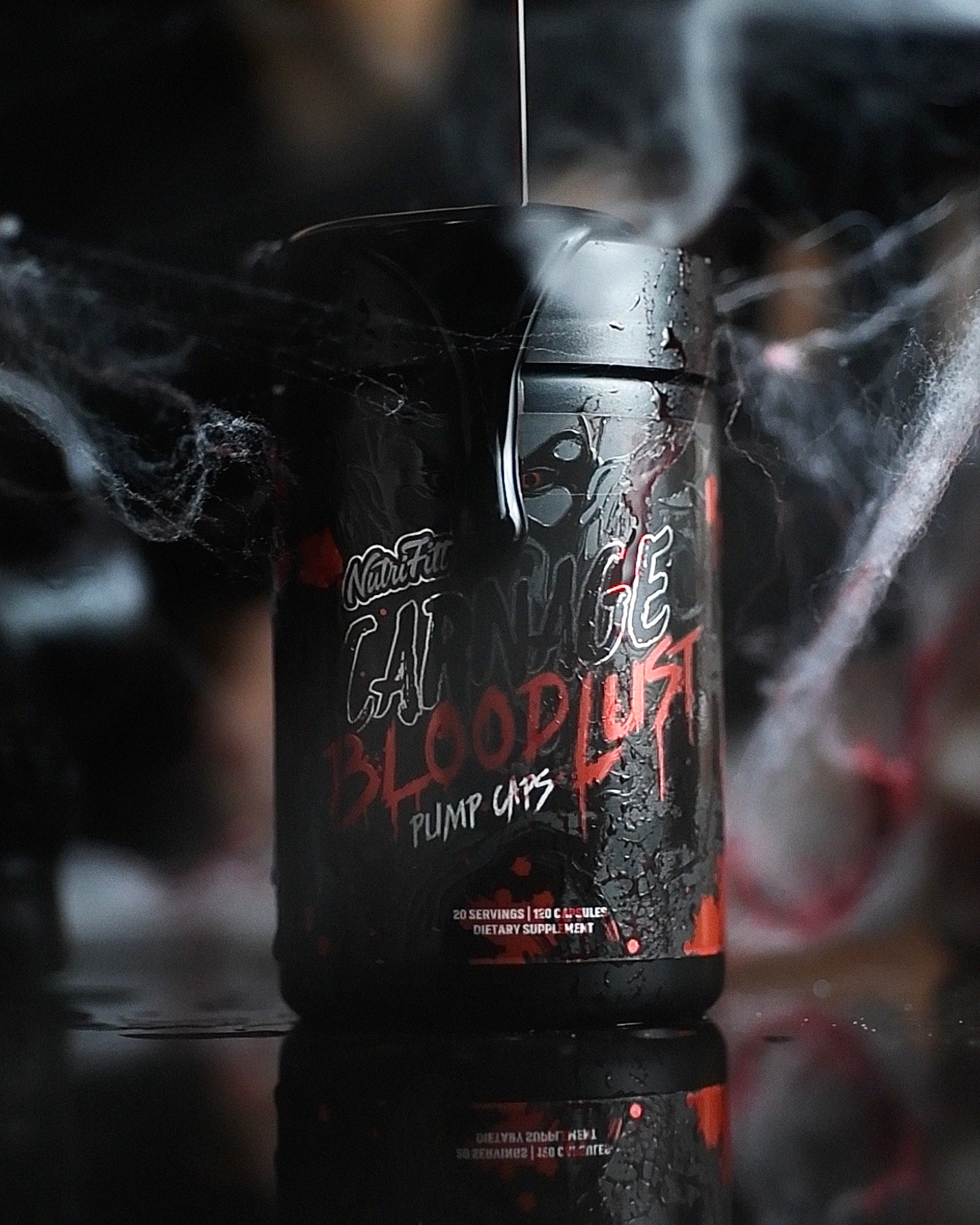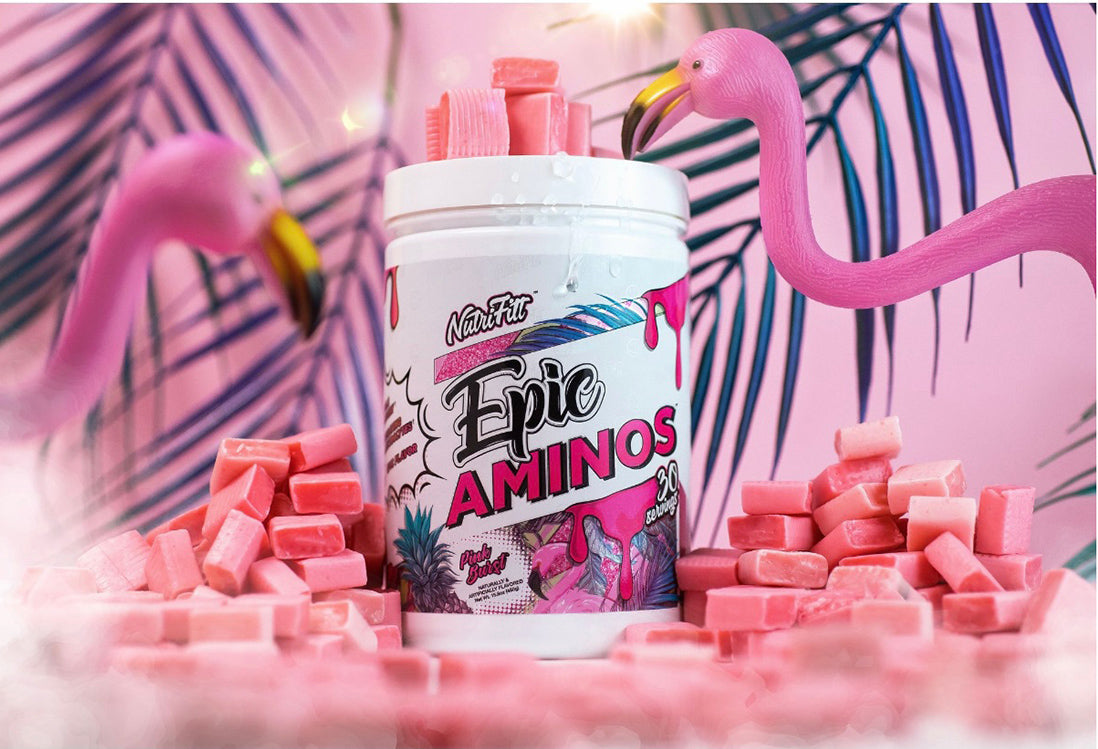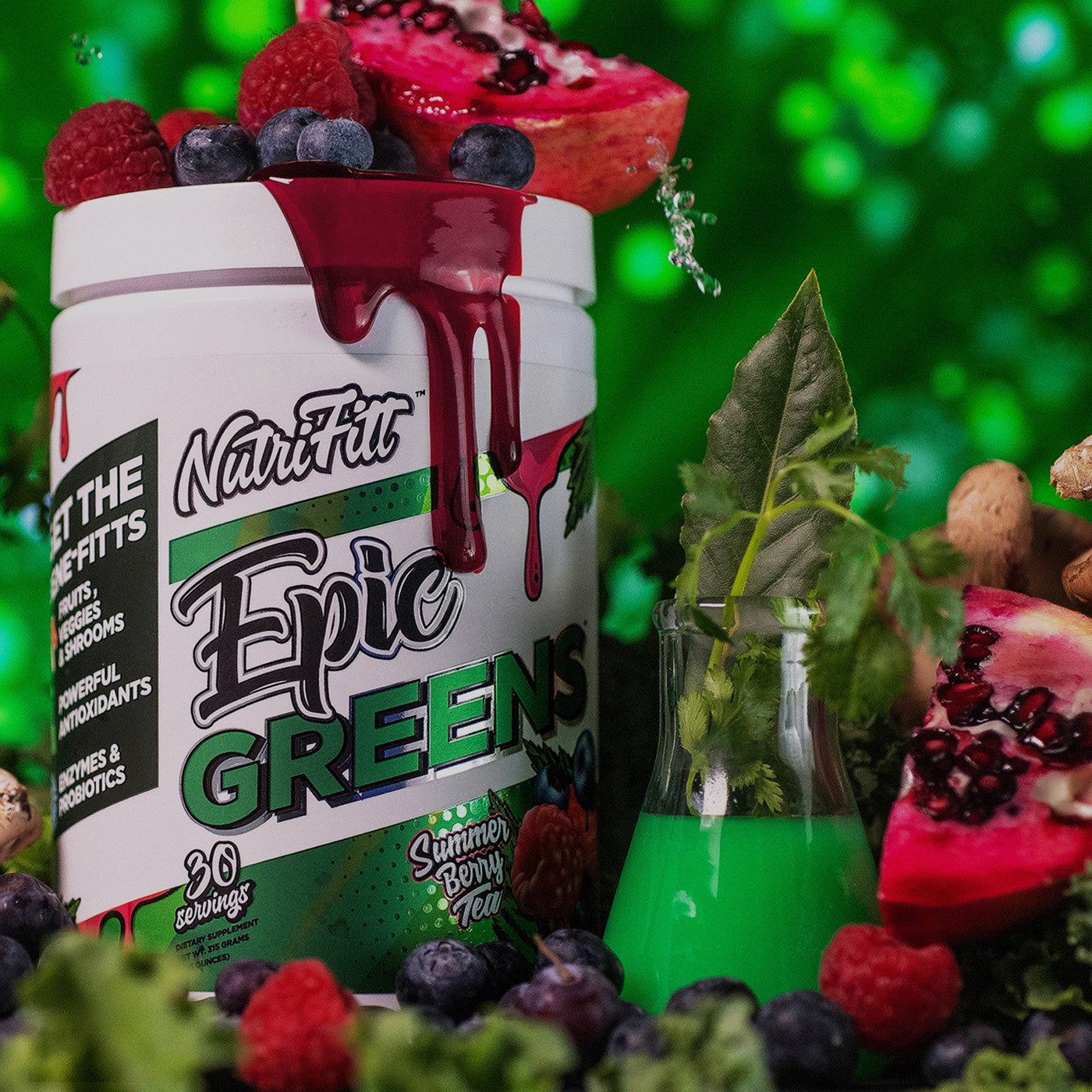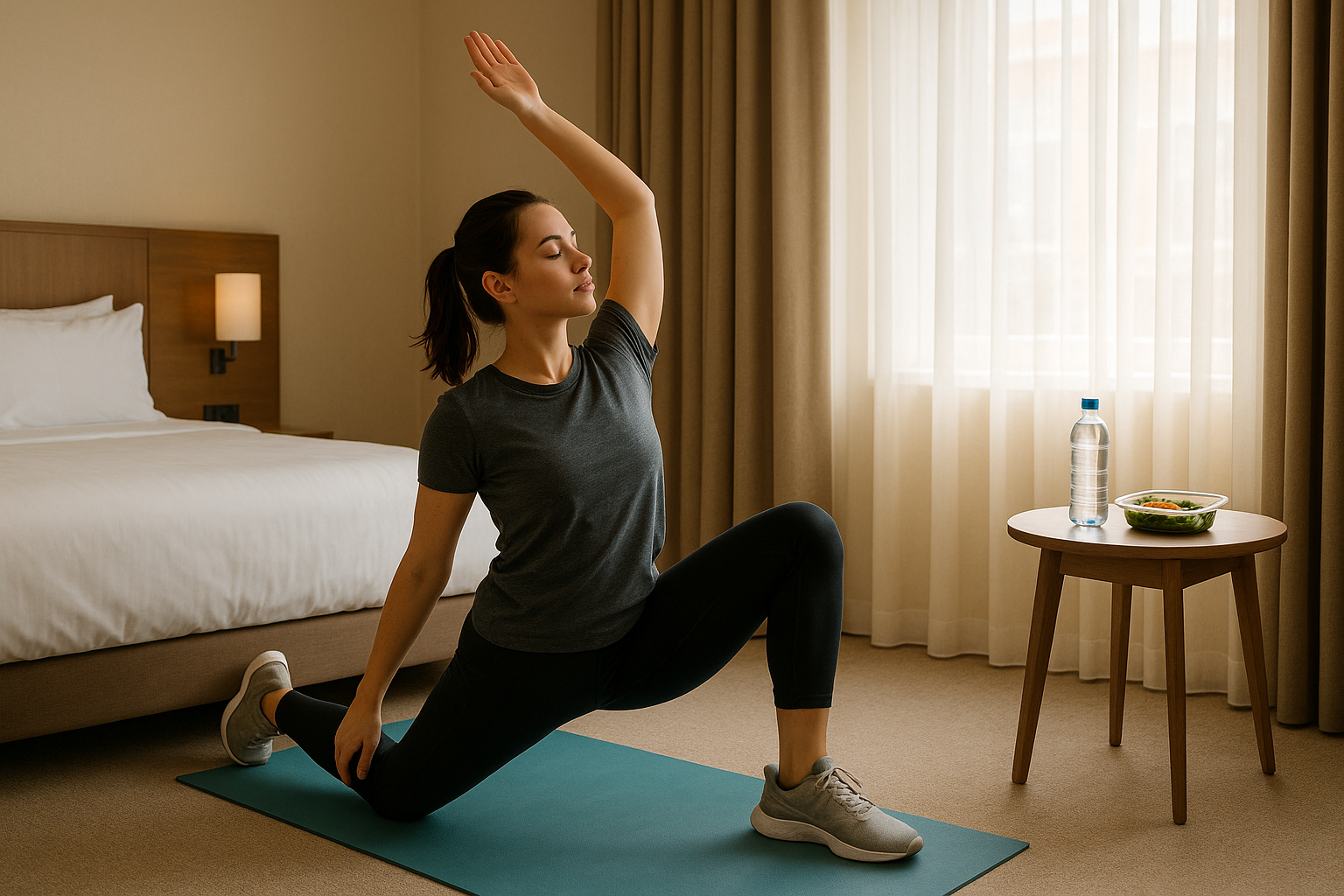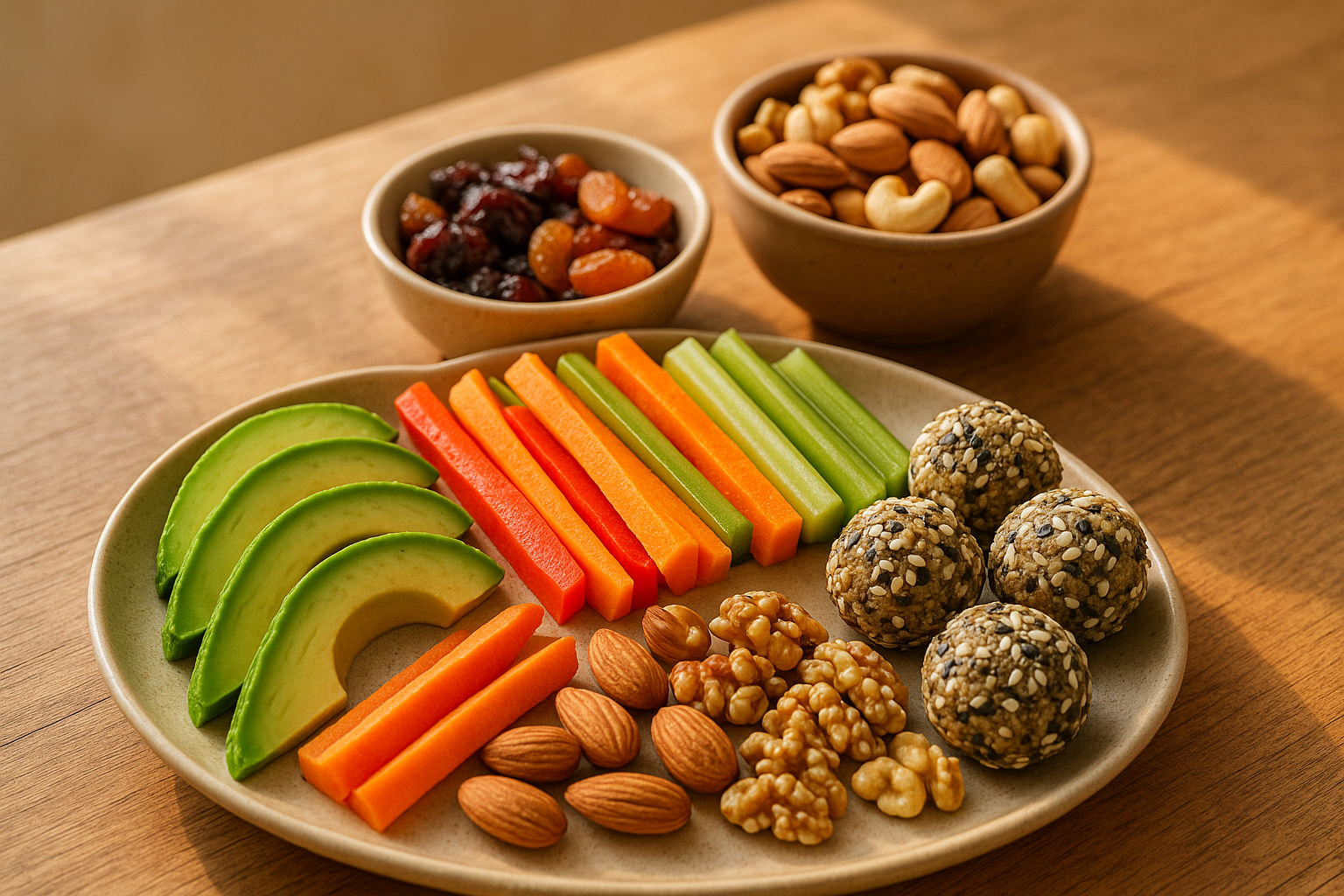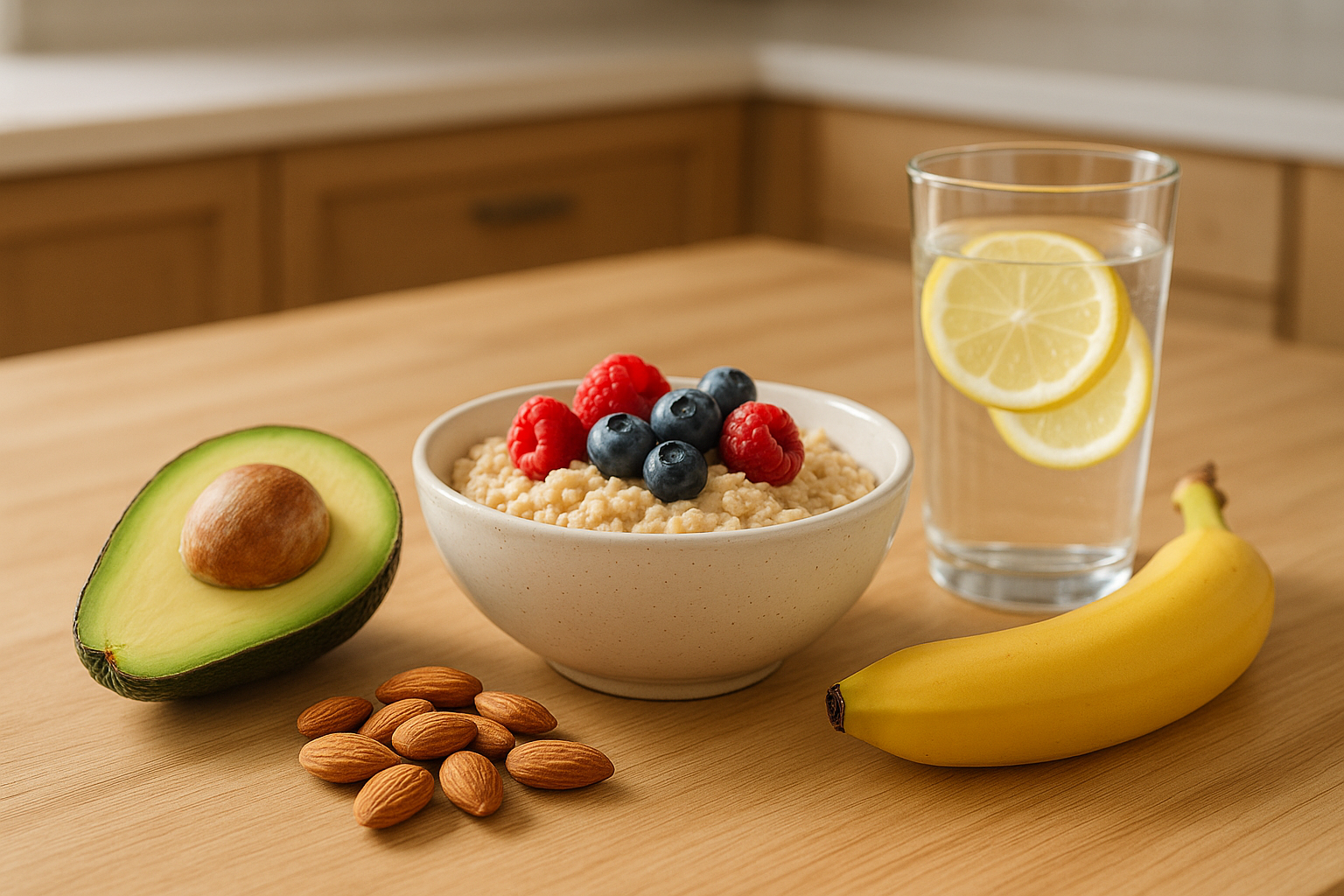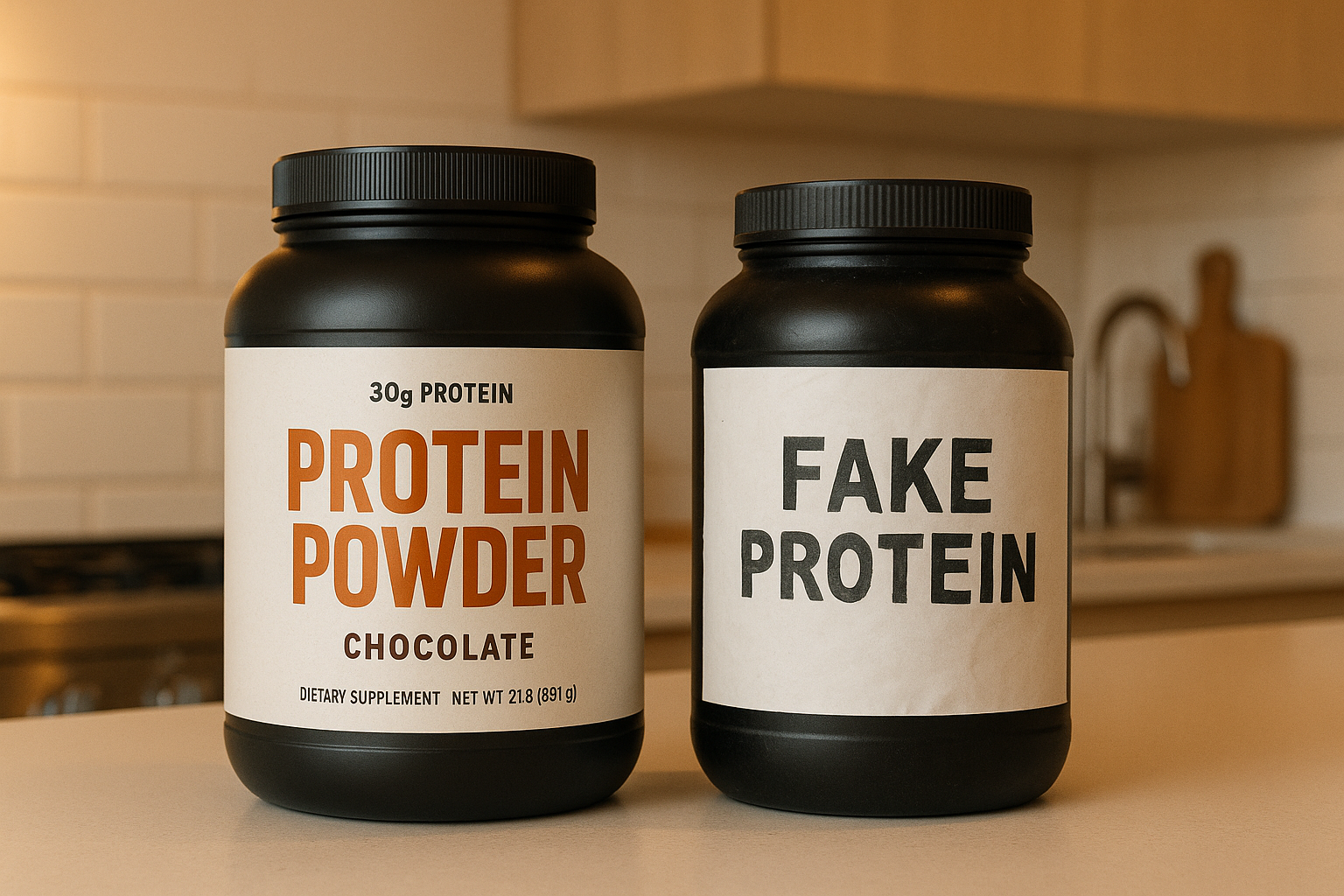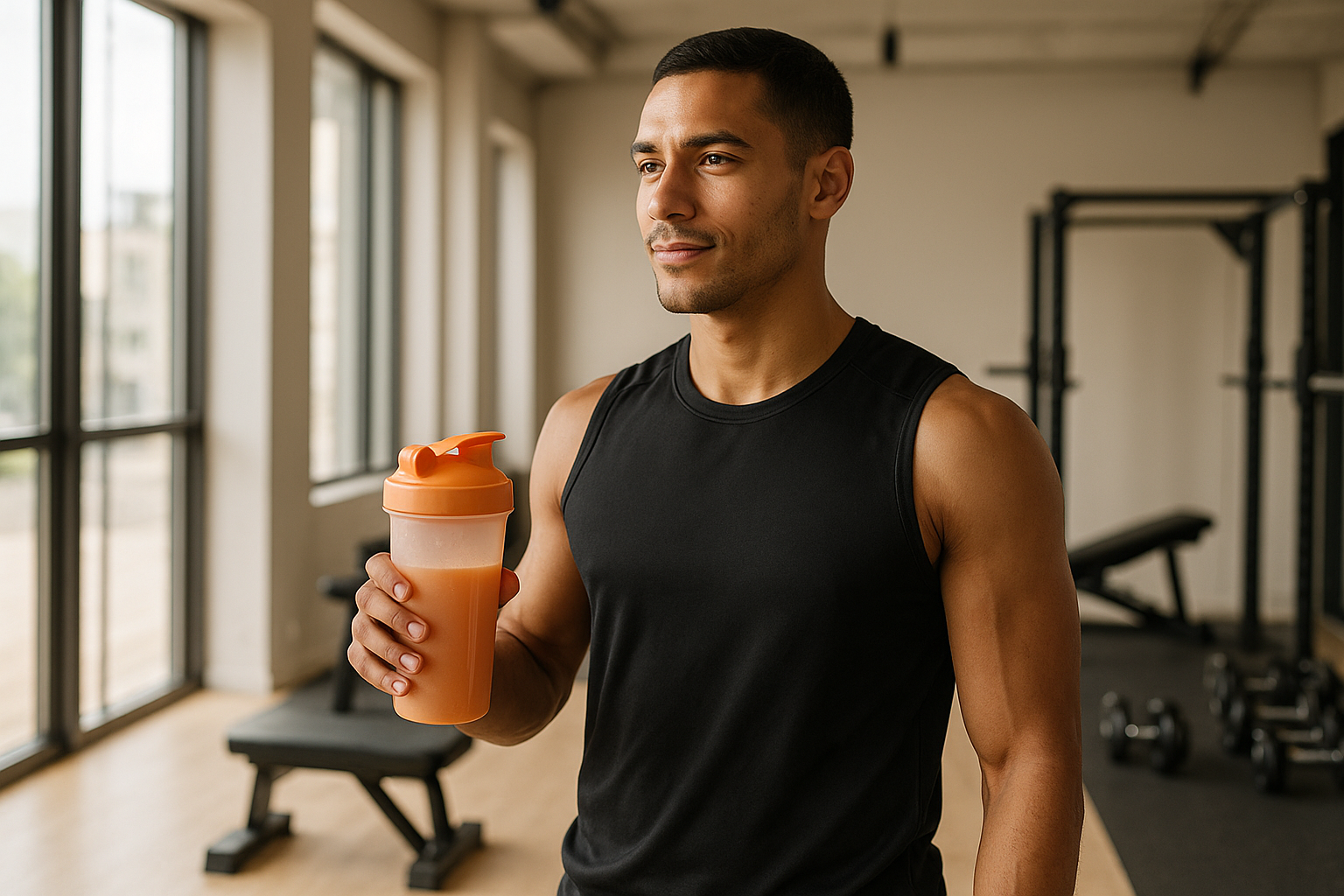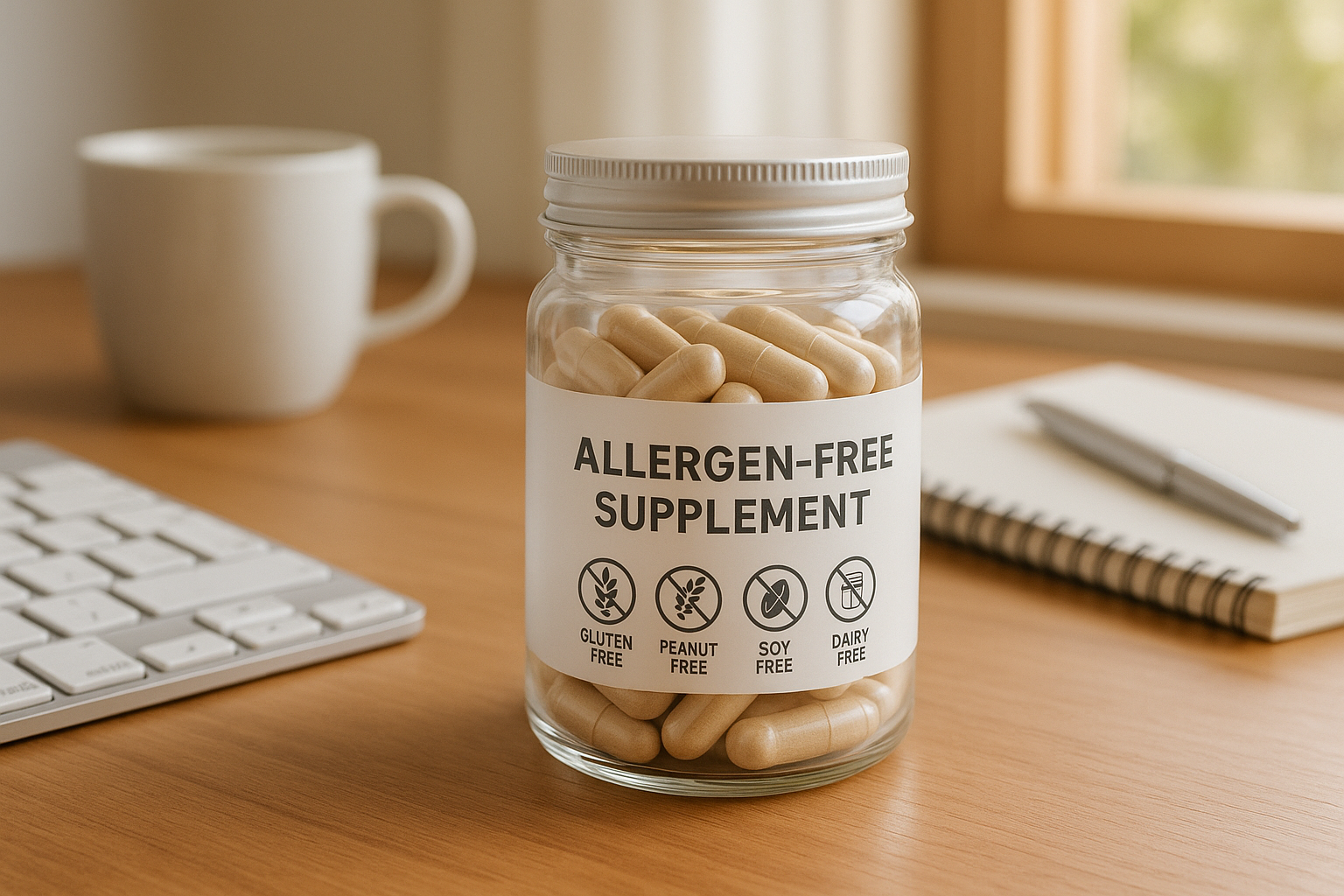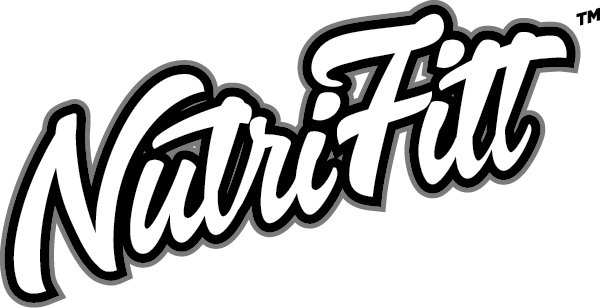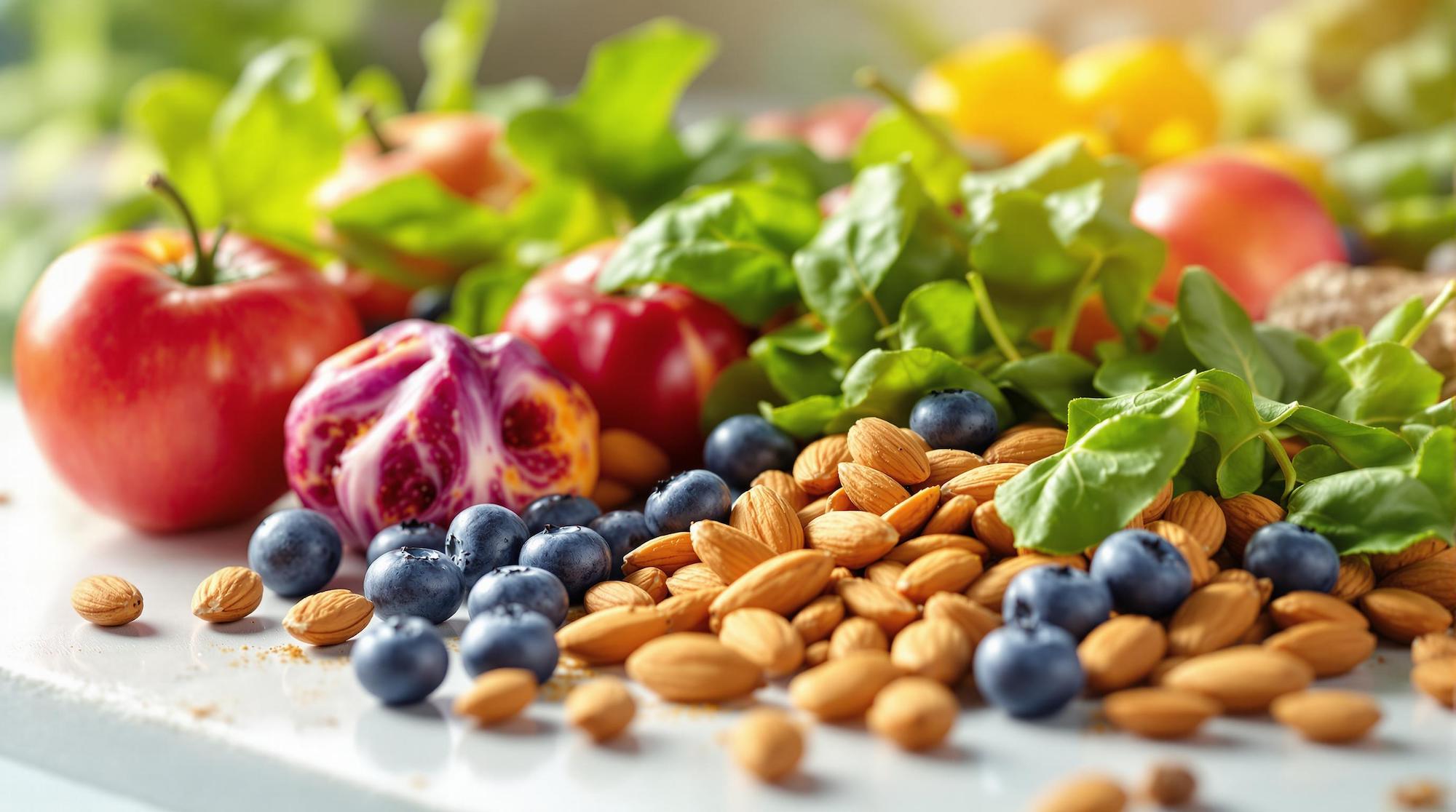
9 Micronutrients for Muscle Recovery
Micronutrients for Muscle Recovery: What Your Body Needs
Muscle recovery after workouts isn’t just about protein - it’s about getting the right micronutrients to repair, rebuild, and reduce soreness. Here’s a quick breakdown of the 9 key nutrients you need for faster recovery:
- Vitamin D: Supports protein synthesis and reduces inflammation.
- Zinc: Boosts muscle repair and hormone production.
- Magnesium: Reduces soreness and aids muscle relaxation.
- Vitamin C: Repairs tissues and fights oxidative stress.
- Iron: Delivers oxygen to muscles for faster healing.
- Potassium: Replenishes electrolytes and prevents cramps.
- Vitamin E: Protects muscle cells from damage.
- Calcium: Essential for muscle contractions and repair.
- B Vitamins: Provide energy and support red blood cell production.
Quick Tip:
Pair foods like spinach (iron) with citrus fruits (vitamin C) to boost absorption. Supplements can help during intense training but focus on whole foods first.
Want to recover faster? Dive into the full guide for food sources, deficiency impacts, and practical tips to optimize your recovery.
9 Vitamins that Speed Up Muscle Growth
How Micronutrients Help Muscles Heal
Micronutrients play a crucial role in muscle recovery by supporting the body's natural repair processes. For example, vitamins like C and E help combat oxidative stress caused by exercise, while minerals such as magnesium and iron are essential for oxygen-dependent healing.
Key Recovery Pathways
| Recovery Pathway | Key Micronutrients | Function |
|---|---|---|
| Inflammation Control | Vitamins C, E | Reduces free radicals and exercise damage |
| Energy Production | B Vitamins, Iron | Aids metabolism and oxygen delivery |
| Tissue Repair | Vitamin C, Zinc | Supports collagen production and healing |
Factors Affecting Absorption
How well your body absorbs these nutrients can greatly impact their effectiveness. Here are a few key factors:
- Timing: Calcium and iron can compete for absorption, so spacing them out is important.
- Combinations: Pairing vitamin C with iron improves iron absorption.
- Gut Health: A healthy digestive system helps maximize nutrient uptake.
Research backs this up - athletes who took 1000mg of vitamin C daily experienced 47% less muscle soreness. On the flip side, deficiencies can slow recovery. For instance, magnesium deficiency, which affects nearly half of the U.S. population, can lead to prolonged soreness and slower healing.
1. Vitamin D
Role in Muscle Recovery
Vitamin D functions like a hormone in muscle recovery, directly influencing muscle tissue through its specific receptors. It supports protein synthesis and helps reduce inflammation after tough workouts. This ties into key recovery processes like protein production and calcium regulation.
It also plays a part in calcium absorption, which is essential for muscle contractions. Maintaining optimal blood levels (40-60 ng/mL) can speed up recovery times.
Deficiency Impacts
Around 42% of adults in the U.S. are deficient in vitamin D, which can hinder muscle recovery. Athletes with low levels are 1.6 times more likely to suffer muscle injuries. Here’s how deficiency impacts recovery:
| Deficiency Symptom | Impact on Recovery |
|---|---|
| Muscle Weakness | Slower repair |
| Increased Pain | Longer-lasting soreness |
| Reduced Strength | Lower performance levels |
| Higher Injury Risk | Extended healing times |
Primary Food Sources
While sunlight is a natural way to get vitamin D, certain foods can help maintain healthy levels:
| Food Source | Vitamin D Content (IU) |
|---|---|
| Cod liver oil (1 tbsp) | 1,360 |
| Salmon (3 oz) | 447 |
| Tuna (3 oz) | 154 |
| Fortified milk (1 cup) | 115-124 |
Spending 10-30 minutes in midday sunlight can also stimulate vitamin D production. For those confirmed to have a deficiency, supplements ranging from 1,000-4,000 IU daily might be recommended, but always under a doctor’s guidance.
2. Zinc
Role in Muscle Recovery
Zinc plays a key role in activating over 300 enzymatic processes in the body. These processes complement vitamin D's role in protein synthesis while addressing other recovery needs. While vitamin D manages calcium for muscle contractions, zinc supports hormones that drive muscle repair. For athletes, zinc supplementation has been shown to boost testosterone levels by up to 30%. It also helps reduce inflammation and oxidative stress after workouts, while bolstering immune function.
Deficiency Impacts
Zinc deficiency can be particularly challenging for athletes, affecting both recovery and performance in several ways:
- Slows down protein synthesis and muscle repair
- Lowers testosterone and growth hormone levels
- Weakens the immune system under exercise-induced stress
- Reduces overall workout performance
Primary Food Sources
While supplements like those from NutriFitt can be helpful, focusing on whole food sources of zinc is ideal. Some of the best dietary options include:
| Food Source |
|---|
| Oysters |
| Beef |
| Crab |
| Cashews |
| Chickpeas |
Active individuals typically need 15-20 mg of zinc daily, higher than the 8-11 mg recommended for most adults. Pairing zinc-rich foods with vitamin C sources can improve absorption. As with vitamin D, zinc needs increase with training intensity - a pattern you'll notice with other key minerals as well.
3. Magnesium
Role in Muscle Recovery
Magnesium plays a critical role in muscle recovery by regulating neuromuscular function and energy metabolism. It directly aids in repairing muscle tissue and helps reduce soreness. While zinc activates enzymes involved in recovery, magnesium ensures these enzymes perform effectively through three main functions:
- Supporting energy metabolism and ATP production
- Managing muscle contraction and relaxation cycles
- Facilitating neuromuscular signal transmission
Magnesium connects the earlier-discussed topics of energy (B vitamins) and muscle function (calcium and vitamin D). During recovery, it fuels the production of cellular energy, which is essential for repairing muscle tissue and maintaining performance.
Deficiency Impacts
A magnesium deficiency can create several challenges for athletes, affecting their recovery and overall performance. Similar to deficiencies in vitamin D and zinc, a lack of magnesium can lead to problems across multiple systems.
| Deficiency Impact | Recovery Consequence |
|---|---|
| Energy Production | Lower ATP levels, leading to muscle fatigue |
| Muscle Function | Increased risk of cramps and spasms |
| Recovery Time | Slower healing and greater muscle soreness |
| Sleep Quality | Poorer restorative sleep, affecting recovery |
| Lactic Acid Buildup | Higher levels, resulting in muscle stiffness |
The daily magnesium intake recommendation is 400-420 mg for men and 310-320 mg for women. However, athletes often need up to 20% more due to sweat loss and increased metabolic demands during training.
Primary Food Sources
Magnesium-rich foods, much like zinc-packed options such as oysters and beef, provide excellent recovery support. Seeds, leafy greens, and other nutrient-dense options are particularly beneficial:
| Food Source | Magnesium (mg) |
|---|---|
| Pumpkin seeds | 156 |
| Almonds | 80 |
| Spinach (cooked) | 78 |
| Black beans | 60 |
| Avocado | 58 |
| Dark chocolate | 50 |
4. Vitamin C
While magnesium focuses on energy metabolism, vitamin C plays a key role in repairing tissues by aiding collagen production - a structural protein essential for muscle recovery.
Role in Muscle Recovery
Vitamin C helps muscles recover by promoting collagen production and providing antioxidant protection. It repairs connective tissues and neutralizes free radicals generated during exercise. Collagen serves as the framework for rebuilding muscle tissue, making its role in recovery essential. Vitamin C also works alongside vitamin E (discussed later) to counter oxidative stress caused by intense workouts.
| Function | Benefit for Recovery |
|---|---|
| Collagen Production | Aids muscle and connective tissue repair |
| Antioxidant Effects | Lowers inflammation caused by exercise |
| Iron Absorption | Boosts oxygen delivery to muscles |
In one study, runners who took 1,000 mg of vitamin C daily reported 44% less muscle soreness.
Deficiency Impacts
Intense physical activity quickly depletes muscle stores of vitamin C, making timely replenishment important. Low levels can worsen oxygen delivery issues, as previously discussed in the iron section. Potential impacts include:
| Deficiency Issue | Recovery Challenge |
|---|---|
| Reduced Collagen Production | Slower tissue repair |
| Weakened Antioxidant Defense | More muscle damage |
| Impaired Iron Absorption | Less oxygen reaching muscles |
Primary Food Sources
Athletes may require 200-1,000 mg of vitamin C daily to support recovery. Here are some of the best sources:
| Food Source | Vitamin C Content (mg) |
|---|---|
| Red bell pepper (1 cup) | 190 |
| Orange (medium) | 96 |
| Kiwi (1 medium) | 64 |
| Broccoli (½ cup) | 51 |
To maximize benefits, include vitamin C-rich foods in meals before and after workouts. Maintaining a consistent daily intake is key for effective recovery.
5. Iron
Iron plays a key role in recovery by supporting oxygen delivery, energy production, and muscle metabolism.
Role in Muscle Recovery
Iron ensures that repairing muscles get the oxygen they need to regenerate, working alongside calcium's role in muscle contraction (see Section 9).
| Function | Recovery Benefit |
|---|---|
| Oxygen Transport | Supplies oxygen to muscles via hemoglobin and myoglobin |
| Energy Production | Aids ATP synthesis, essential for muscle repair |
| Cellular Function | Supports muscle metabolism and tissue regeneration |
This process complements the energy production supported by B vitamins (see Section 6) and vitamin C's role in collagen formation (see Section 4).
Deficiency Impacts
Iron deficiency can significantly hinder recovery, much like magnesium's effect on ATP production (see Section 3).
| Warning Sign | Impact on Recovery |
|---|---|
| Delayed muscle repair | Slows down the healing process |
| Decreased Endurance | Reduces exercise capacity |
| Prolonged Soreness | Extends recovery time between workouts |
Athletes with low iron levels may face recovery times that are 18% longer. Endurance athletes, in particular, often need up to 70% more iron than the average person due to the demands of intense training.
Primary Food Sources
Iron can be found in a variety of foods. Here are some excellent options:
| Food Source | Iron Content (mg) |
|---|---|
| Lean Beef (3 oz) | 3.2 |
| Spinach (1 cup cooked) | 6.4 |
| Lentils (1 cup cooked) | 6.6 |
Pairing iron-rich foods with vitamin C sources, like citrus fruits or bell peppers, can increase absorption by 50-70%. For vegetarian athletes, combining plant-based iron with vitamin C is especially important for maximizing absorption.
sbb-itb-7567710
6. Potassium
Potassium plays a key role in regulating nerve signals and maintaining fluid balance, both of which are essential for muscle recovery after exercise. Athletes typically need between 2,600 and 4,700 mg of potassium daily to support these functions. It works alongside magnesium (discussed in Section 3) to support neuromuscular health and helps replenish electrolytes lost during workouts.
Potassium aids recovery in ways that complement calcium's role in muscle contractions (explored in Section 9):
| Recovery Function | How It Helps |
|---|---|
| Electrolyte Balance | Keeps fluid levels stable within muscle cells |
| Muscle Contraction Control | Supports proper muscle contractions and relaxation through effective nerve signaling |
Deficiency Impacts
Not getting enough potassium can severely impact muscle recovery and performance. Common issues include:
- Muscle weakness, which reduces overall power
- Frequent cramps, disrupting training sessions
- Extended fatigue, slowing down recovery
- Irregular contractions, affecting workout form and technique
Primary Food Sources
Here are some potassium-rich foods to include in your diet:
| Food Source | Potassium Content (mg) |
|---|---|
| Spinach (cooked) | 839 |
| White Beans | 595 |
| Sweet Potato | 542 |
| Banana | 422 |
| Salmon | 416 |
To get the most out of these foods, eat them right after your workout when your body is primed for nutrient absorption. Just like iron is crucial for oxygen delivery (see Section 5), potassium needs increase with longer training sessions and are especially important during workouts in hot conditions.
7. Vitamin E
Vitamin E plays a key role in post-workout recovery by protecting muscle cells from oxidative damage caused by exercise. Research suggests that athletes taking 400 IU daily experience 22% less soreness and recover 18% faster. This happens through two main actions: neutralizing free radicals and maintaining cell membrane integrity.
Just as magnesium supports energy metabolism (Section 3), vitamin E ensures cellular structures stay intact, aiding recovery. Its antioxidant properties also work alongside vitamin C (Section 4) to promote tissue repair.
Effects of Deficiency
Not getting enough vitamin E can slow recovery and lead to:
- Higher oxidative stress, which prolongs muscle soreness
- Greater muscle cell damage, increasing repair time
- Reduced exercise performance and muscle weakness
Best Food Sources
Adults should aim for 15 mg (22.4 IU) of vitamin E daily, while athletes may benefit from 15-30 mg.
| Food Source | Vitamin E Content |
|---|---|
| Sunflower seeds (1 oz) | 10 mg |
| Almonds (1 oz) | 7.3 mg |
| Spinach (½ cup, cooked) | 1.9 mg |
| Wheat germ oil (1 tbsp) | 20 mg |
| Avocado (1 whole) | 2.7 mg |
For better absorption, pair these foods with healthy fats. Be cautious not to exceed 1,000 mg daily, as high doses can increase clotting risks.
8. Calcium
Calcium isn't just about strong bones - it plays a key role in muscle movement and repair. Found in blood and soft tissues, this mineral is crucial for keeping muscles working properly.
How Calcium Supports Muscle Recovery
Calcium is the spark that triggers muscle contractions by activating specific proteins. It also helps regulate the signals needed for muscle repair, aiding in the rebuilding of damaged fibers after a tough workout.
For the best absorption, spread your calcium intake throughout the day, limiting each serving to 500mg max.
What Happens If You Don't Get Enough?
Low calcium levels can slow down muscle recovery and lead to:
- Muscle cramps during exercise
- Longer-lasting soreness after workouts
- A higher chance of muscle damage from exercise
- Sluggish nutrient delivery to damaged muscles, due to impaired contraction cycles
Top Food Choices for Calcium
You can get your calcium fix from foods like:
- Greek yogurt
- Sardines (with bones)
- Kale
Calcium works alongside magnesium to help muscles relax (see Section 3) and needs vitamin D (see Section 1) for your body to absorb it effectively.
9. B Vitamins (B6, B12, Folate)
While calcium helps manage muscle contractions (Section 8), B vitamins provide the energy needed for muscle repair. Specifically, B6, B12, and folate work together to aid recovery after tough workouts.
How They Help with Muscle Recovery
- B6: Helps process protein, turning amino acids into muscle tissue for repair.
- B12: Supports the production of red blood cells, which carry oxygen to fatigued muscles.
- Folate: Teams up with B12 to boost red blood cell production and assist in protein metabolism.
This combination ensures efficient oxygen delivery to muscles, complementing iron's role (Section 5) in speeding up recovery. Studies suggest that athletes may need 30-50% more B vitamins than those who are less active.
What Happens When You're Deficient?
| Vitamin | Impact on Recovery |
|---|---|
| B6 | Slower protein-based muscle repair |
| B12 | Decreased oxygen delivery due to fewer red blood cells |
| Folate | Hindered growth of new muscle cells |
Best Food Sources
Here’s where you can get these vitamins:
- B6: Chicken breast (1.2mg per 100g), tuna
- B12: Clams (84mcg per 3oz), beef liver
- Folate: Spinach (131mcg per ½ cup cooked), black-eyed peas
Daily Targets for Athletes:
- B6: 1.5-2mg (men) / 1.2-1.5mg (women)
- B12: 2.4 mcg
- Folate: 400-600 mcg
If you follow a plant-based diet, pay close attention to your B12 intake. It might be worth consulting a sports nutritionist to ensure you're hitting your targets, especially during periods of intense training.
Best Micronutrient Pairs for Recovery
Some micronutrients work better when paired, boosting muscle recovery more effectively than when taken alone. Knowing these combinations can improve your post-workout nutrition plan.
Key Recovery Pairs and Their Benefits
| Nutrient Pair | Recovery Benefits | Food Pairings |
|---|---|---|
| Magnesium + Zinc | Supports protein synthesis and enzyme function | Pumpkin seeds with almonds |
| B Vitamins + Folate | Aids protein metabolism and red blood cell formation | Legumes with whole grains |
| Vitamin E + Selenium | Works with vitamin C to combat oxidative stress | Salmon with broccoli |
These combinations enhance the individual roles of nutrients. For example, vitamin E's ability to protect cells from damage pairs well with selenium to further reduce oxidative stress.
When to Pair
- Post-Workout: Magnesium + Zinc helps with overnight muscle repair.
- Daily Use: B Vitamins + Folate maintain consistent energy production.
Performance Tip
Athletes often need higher amounts of these nutrient pairs. Timing is key - for example, magnesium is better absorbed when taken at night. While whole foods should be your first choice, targeted supplements like NutriFitt can fill in the gaps during intense training cycles. Focus on food-based pairings for better nutrient absorption.
When to Use Supplements
Food should always be your main source of nutrients, but supplements can help fill gaps when your diet doesn’t meet your needs - especially during intense training or when following restrictive eating habits. These situations often align with the nutrient combinations mentioned earlier but may require more concentrated forms.
High-Intensity Training Periods
When you're pushing your body hard, your need for vitamins and minerals goes up. Here are some scenarios where supplements might help:
- Training multiple times a day
- Preparing for a competition
- Heavy lifting cycles
- Slow recovery after workouts
Dietary Restrictions
If you're on a plant-based diet, you might need extra support to keep your recovery on track and maintain nutrient levels.
Recovery Support
The right nutrients at the right time can make a big difference in recovery. Here's a quick guide:
| Scenario | Key Nutrients | Timing |
|---|---|---|
| Post-Workout | Protein + Zinc | Within 30 minutes |
| Multi-Session Days | B Vitamins + Magnesium | Morning/Evening |
Training Conditions
Just like potassium is crucial in hot weather (see Section 6), altitude training can increase your need for iron. Athletes training in hot climates should also focus on replenishing potassium and magnesium.
Choosing the Right Supplements
Look for products that are:
- Third-party tested for quality and safety
- Free from unnecessary additives or fillers
"Aim for regular protein intake alongside key micronutrients"
Warning Signs to Watch For
Pay attention to these red flags that might indicate a need for supplementation:
- Constant fatigue, even after resting
- Slow muscle recovery
- Stagnant performance despite consistent effort
Conclusion
These 9 micronutrients work together to speed up muscle recovery through three main pathways. A diet packed with these nutrients offers a wide range of recovery-supporting compounds that work better together than isolated supplements ever could.
To put this into practice, here are some focused strategies:
| Goal | Foods | Supplements |
|---|---|---|
| Protein Synthesis | Lean meats, fish, legumes (zinc, B vitamins) | Zinc supplements during intense training |
| Energy Production | Leafy greens, nuts (magnesium, B vitamins) | B-complex vitamins on multi-session days |
| Inflammation Control | Colorful fruits, vegetables (vitamins C, E) | Vitamin C post-workout if diet is limited |
Pairing whole foods with the right nutrients amplifies their benefits. Supplements can help but should only fill gaps in a balanced diet. As mentioned earlier, specific deficiencies, like low magnesium or zinc, require tailored approaches. Blood tests can identify these deficiencies and guide supplementation choices.
Micronutrient needs can vary based on training intensity or environments like heat and altitude. Consulting a sports nutritionist can help create a plan tailored to your training requirements.
Focus on eating a variety of whole foods and use supplements strategically during demanding training periods to support recovery effectively.
FAQs
What nutrients support muscle recovery?
Here are three nutrients that play a key role in muscle recovery:
| Nutrient | Role in Recovery |
|---|---|
| Magnesium | Helps relax muscles and supports energy production (see Section 3) |
| Zinc | Activates protein synthesis (see Section 2) |
| Vitamin C | Aids in collagen repair (see Section 4) |
For detailed advice on food sources and timing, refer back to Sections 2-4.
Which nutrients aid muscle repair?
Protein is crucial for muscle repair by providing amino acids (as explained in Section 9), but certain micronutrients enhance its effectiveness:
- Vitamin D: Boosts calcium absorption and supports muscle function.
- Zinc: Improves how efficiently protein is synthesized.
- B vitamins: Support energy metabolism and red blood cell production.
Sections 1 and 9 detail how these nutrients complement protein's repair role. If your diet lacks these essentials, NutriFitt supplements can provide targeted support for better recovery.
Is it possible to take too many micronutrients?
Yes. Over-supplementation, especially with fat-soluble vitamins (A, D, E, K) and minerals like iron, can lead to toxicity. It's best to stick to recommended daily values unless advised otherwise by a healthcare provider.
Do micronutrients help reduce post-workout soreness?
Micronutrients like magnesium, vitamin C, and omega-3s may help reduce inflammation and oxidative stress, both of which contribute to soreness after intense exercise.
When should I take micronutrients for best results?
For optimal recovery, micronutrients should be consumed consistently, not just post-workout. Some, like magnesium or zinc, are more effective when taken with meals or before bed, while others (like B vitamins) work well earlier in the day to support energy metabolism.
